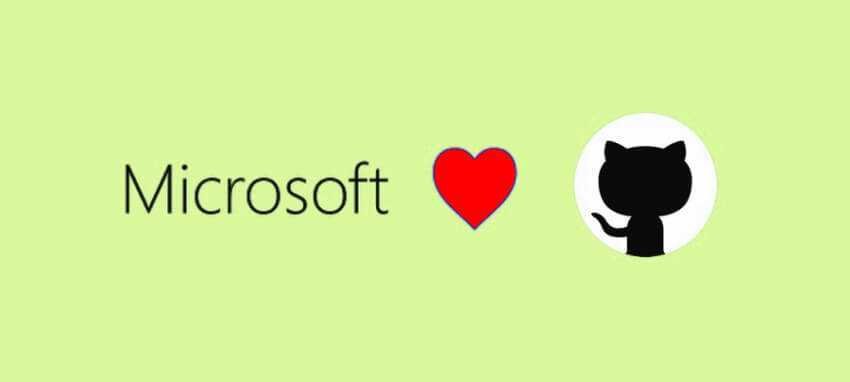The Bloomberg Reported that Microsoft bought it GitHub, and the official confirmation of the deal is due to take place today on Monday 4 June 2018. Of course they could not all be happy.
You can just look at the posts circulating on Twitter and you will see that there are many who, along with the "death" of GitHub, are also proclaiming the death of software open source. And there are many who report that they will switch to other competing services, such as BitBucket and GitLab.
But let's see what happens or what is going to happen, the more rationally it is.
GitHub plays a vital role in the software development ecosystem. Besides that in platform it's home to countless companies developing their own commercial software, and it's also the epicenter of the open source community, with 80 million repositories hosted in the region.
Anyone who develops software to live depends on GitHub even if he does not have his own account.
Microsoft, on the other hand, does not always work in the spirit of open source software and collaboration. For a number of years Redmond was a leader in the controversy. The company "won" several lawsuits based on antitrust law in both the United States and the European Union. The lawsuits have explicitly stated that Microsoft was using its market leadership to foreclose competition.
Microsoft has also been accused of using the strategy "I embrace, expand and extinguish" to consolidate its position in a number of areas: from productivity software to the broader Internet.
Recall that in 2001, then-CEO Steve Ballmer referred to Linux as "cancer", something that upset many open source friends.
With all the above, you can understand why there are many developers who see GitHub as the end of the service.
But is Microsoft's 2018 the same as Microsoft's 1998?
When Satya Nadella took over the company 2014, she tried to reform the company from its foundations. For the first time Microsoft has stopped working entirely behind closed doors. She took up her important project at GitHub and released it with open source licenses. Today you can read the .NET framework code or view the Visual Studio code. The event was unthinkable ten years ago.
Microsoft does not have just one page in GitHub. The company is one of the most active, with contributions to open source, more than those of Google and Facebook.
When it does not open its code to the public, it takes it to other platforms. The Visual Studio code, for example, runs on Linux and macOS. The SQL Server database system has been moved to Linux.
And if the above does not tell you anything, the company brought Linux to Windows, μέσω του Windows Subsystem for Linux, και διέθεσε το Bash shell στα Windows 10.
So we see that all of Nadella's projects at Microsoft are trying to achieve a sense of transparency. If the company doesn't get smart with GitHub it will lose all momentum changes that he has been trying to demonstrate for the last four years.
Another fear of the acquisition of GitHub is that the service may lose its identity and be absorbed by Microsoft as another business unit.
But looking at the company's last major purchases, fear seems to be untenable. When Microsoft acquired LinkNet 2016, nothing changed for users. LinkedIn has retained much of its autonomy and identity. The company continues to be headed by its CEO prior to its acquisition, (Jeff Weiner), though it is co-operating with Microsoft's leadership.
Will things change with GitHub? No one can know it. But this particular company is particularly fond of the developer community and has a very strong brand name. So big changes could cause problems for Microsoft.
What is quite worrying about this deal is that with the acquisition of LinkedIn and GitHub, Microsoft will be able to determine how recruitment works in its industry. technologys.
But fears of a repeat of the 90s standoff are unfounded. Microsoft is clearly a different company.
__________________________





